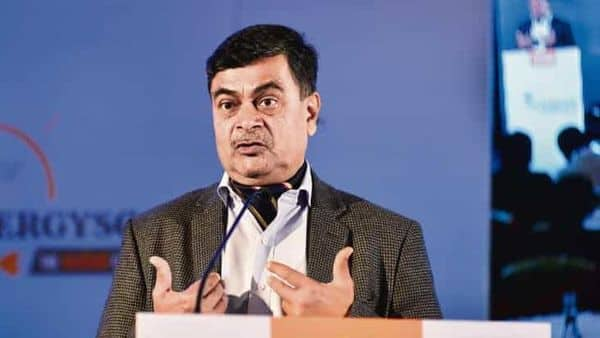In response to reporters’ queries over Banerjee’s opposition and her letter to Prime Minister Narendra Modi alleging that the states were not consulted properly, Singh on Monday said, “Why she wants to protect a monopoly specially an expensive monopoly like in Kolkata?," and added, “She is only playing politics. She doesn’t understand or she has been briefed wrongly."
RP-Sanjiv Goenka Group company CESC Ltd supplies electricity to Kolkata and recently placed the highest bid of ₹871 crore to acquire the electricity distribution business for Chandigarh. CESC was also among bidders for power discoms of Dadar and Nagar Haveli, and Daman and Diu for which Torrent Power placed the highest bid.
A RP-Sanjiv Goenka Group spokesperson did not immediately respond to Mint’s request for comment on Singh’s statements.
Singh said that when the draft of the Electricity (Amendment) Bill, 2021 was circulated for all the state government’s comments, the West Bengal government did not send comments. However, in the meeting with the state governments, West Bengal was represented.
“I don’t see how anyone can have an objection to number one, opening the sector for competition? How can and why should anyone can have any objection specially when we are setting up ceiling tariff? So, basically there will be a ceiling tariff and the companies will have to compete below that tariff so that the interest of the consumers is protected," Singh said.
This comes in the backdrop of the Centre's reforms-based result-linked power distribution sector scheme to be applicable till 2025-26 that aims to reduce India’s AT&C loss to 12-15% from 21.83% in 2019-20, and narrow the deficit between the cost of electricity and the price at which it is supplied to ‘zero’ by 2024-25.
“We are also providing that basically this will be the minimum size of an area and we are providing that the cross subsidy shall remain and if anybody collect more cross subsidy in any particular area that would go to a cross subsidy pool which would be utilized for getting cross subsidies in areas where there is deficiency," Singh added.
The proposed Bill has gone to the cabinet secretariat, which has to put it up before the cabinet. Post the cabinet’s approval, the bill is slated to be introduced in the ongoing monsoon session of Parliament.
“The finance minister had announced in her budget speech that the people should be given a choice and it should not be subject to expensive monopolies. For example the private distribution company in Kolkata has one of the highest tariffs in the country and why it should be protected from competition is not clear," Singh said.
Prime Minister Narendra Modi earlier said an electricity consumer should be able to choose his supplier like any other retail commodity. With the discoms being the weakest link in the electricity value chain, the union budget presented earlier this year announced the creation of a framework to allow consumers to choose their electricity suppliers.
“The main feature of this amendment is delicensing distribution. This is something which was announced in the budget speech. What does delicensing means? Delicensing means that I am opening the doors to competition. The existing distribution companies will continue functioning as it is," Singh said.
“But right now they are monopolies. Whether they are government monopolies or private monopolies, they are monopolies. In Delhi there is a monopoly. In Kolkata there is a monopoly. Incidentally Kolkata has one of the highest tariffs in India and its a monopoly. Its a private monopoly," Singh added.
The amendments also propose strengthening electricity regulatory commissions and the Appellate Tribunal for Electricity (Aptel). They also spell out penalty for not meeting renewable purchase obligations that require power distribution companies (discoms) to buy a fixed amount of renewable energy to reduce reliance on fossil fuels.
“We are not here to protect monopolies. We are here to protect the interests of the people. Why should the people be made to suffer under discoms which are inefficient, which don’t provide good service and which are costly?" Singh said.
This comes in the backdrop of the Cabinet Committee on Economic Affairs approving the marquee ₹3.03 trillion power discom reform scheme, wherein the Centre’ share will be ₹97,631 crore. The funds will be released to discoms subject to them meeting reform-related milestones.
“There is a proposal to delicense distribution. The existing discoms will continue as they are, however their monopoly will go and they will have to face competition. Presently the people don’t have a choice. They have to bear with a distribution company even if it is inefficient, its service is poor and the tariff is high. The people have to suffer. There must be competition in this sector so that the people can choose a distribution company which gives more efficient service at a lower price," Singh added.
This comes at a time when India’s electricity demand is growing. While India has an installed power generation capacity of 383.373 gigawatt (GW), the demand has usually been lower than 200 GW. However, this changed on 7 July when India’s peak electricity demand recorded an all time high of 200.57 GW on 7 July.
Subscribe to Mint Newsletters
Never miss a story! Stay connected and informed with Mint.
Download
our App Now!!
 Premium
Premium